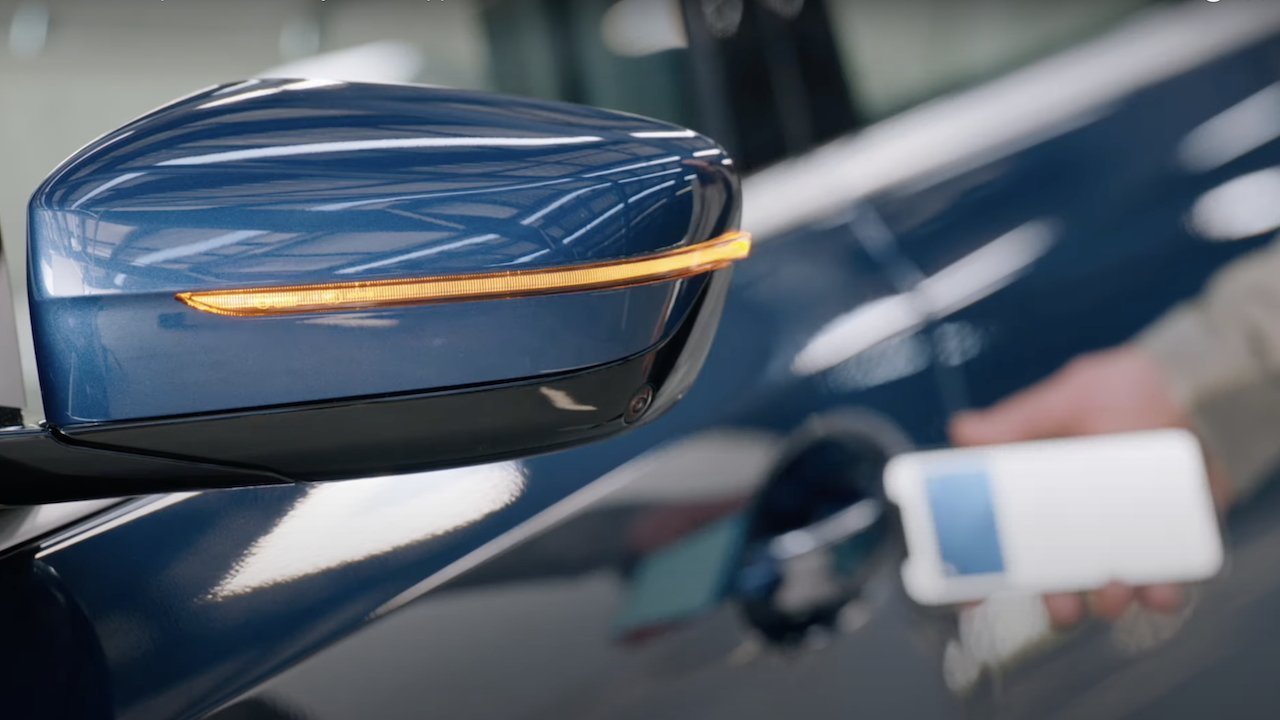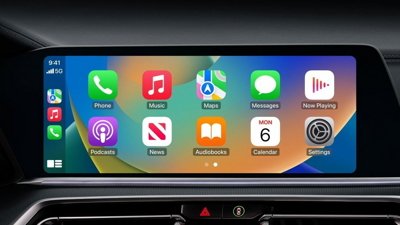On the tenth anniversary of Apple Pay, the Vice President of Apple Pay and Apple Wallet has revealed new details about the future of contactless payments and digital keys on iPhones.
Apple's mobile payment service was launched on October 20, 2014, and the company recently celebrated 10 years since the feature's launch. Apple Pay made it possible to complete payments on an iPhone without the use of a physical card, but the service wasn't an instant hit.
In an interview with The Points Guy, Jennifer Bailey, Apple's Vice President of Apple Pay and Apple Wallet, explained that the company had to educate consumers and work with merchants to try and convince them to use the service. According to Bailey, Apple "worked really hard on getting a great consumer experience."
Since its debut, when only about 3% of merchants accepted Apple Pay, the number has risen to "more than 90% coverage on the acceptance side," according to Bailey.
Today, Apple Wallet can be used to complete various types of purchases, as well as store virtual car keys, hotel room keys, and digital IDs in certain states. Apple is working on new use cases for its Wallet app, and Bailey sees vehicle rentals as an area where Apple Wallet could prove useful.
"Being able to book a car rental, confirm your authentication and identity ... you can imagine that a car rental company is going to issue you a digital key, and that key could be used to unlock and use a car," Bailey mentioned.
Certain hotels already support digital keys through the Apple Wallet app, while more than 30 vehicle manufacturers support Apple Car Key. The latter includes the likes of BMW, Hyundai, and Kia, and it will likely be offered by even more companies in the near future. This makes the future use of Apple Car Key in rental vehicles a reasonable possibility.
Apple also plans to expand support for digital IDs and driver's licenses in the Apple Wallet app. Since the feature launched, only seven US states currently support digital IDs in Apple Wallet — Arizona, California, Colorado, Georgia, Hawaii, Maryland, and Ohio.
According to Bailey, Apple has "many more states in the pipeline." She explains that the expansion of digital IDs in Apple Wallet will take some time. Individual states will need to understand the company's approach to privacy and security, much like payment processors and consumers needed time before eventually accepting Apple Pay.
As for Apple Pay's usage in transit, Bailey claims that it is "just fantastic", and that "people absolutely love it." The service can already be used to pay for subway or bus tickets, in places where it's accepted.
The ultimate goal of the Apple Wallet is "a future where you'll be able to leave your physical wallet at home," according to Bailey. Apple has perfected the core technology behind its Wallet application, but there's still a lot more to do.
 Marko Zivkovic
Marko Zivkovic-xl.jpg)








-m.jpg)






 Amber Neely
Amber Neely

 William Gallagher and Mike Wuerthele
William Gallagher and Mike Wuerthele
 Andrew Orr
Andrew Orr


 Mike Wuerthele
Mike Wuerthele
 William Gallagher
William Gallagher







11 Comments
Well that’s just wonderful. 😐
Last month I uninstalled my Wallet app because it was just taking up space. Only one of my cards even was compatible with it. When I tried to use it only one out of four stores recognized it, and that one was the local Apple dealer so I suppose they kinda had to. So if a car rental place tries to give me a virtual token for my wallet app, I’ll pass. Same with a room key. (For the record I almost never see anyone paying with their watch or phone. Here in Southern British Columbia near Vancouver, it’s practically all chip card.)
It seems that even Apple Insider don't really know the difference between ApplePay and Apple Wallet. Clearly, opening the doors and starting a rental car with a key stored in a phone is an Apple Wallet feature, not Apple Pay (which is not really a thing really). Although it can already be done in multiple ride sharing apps (like "Miles" in Germany). It's just a matter of allowing them to store the same function in the Apple Wallet without charging them to bankruptcy.
Seriously, Apple is now making money through gatekeeping - time to return cash to the shareholders, they will do something more creative with this money than Apple will.